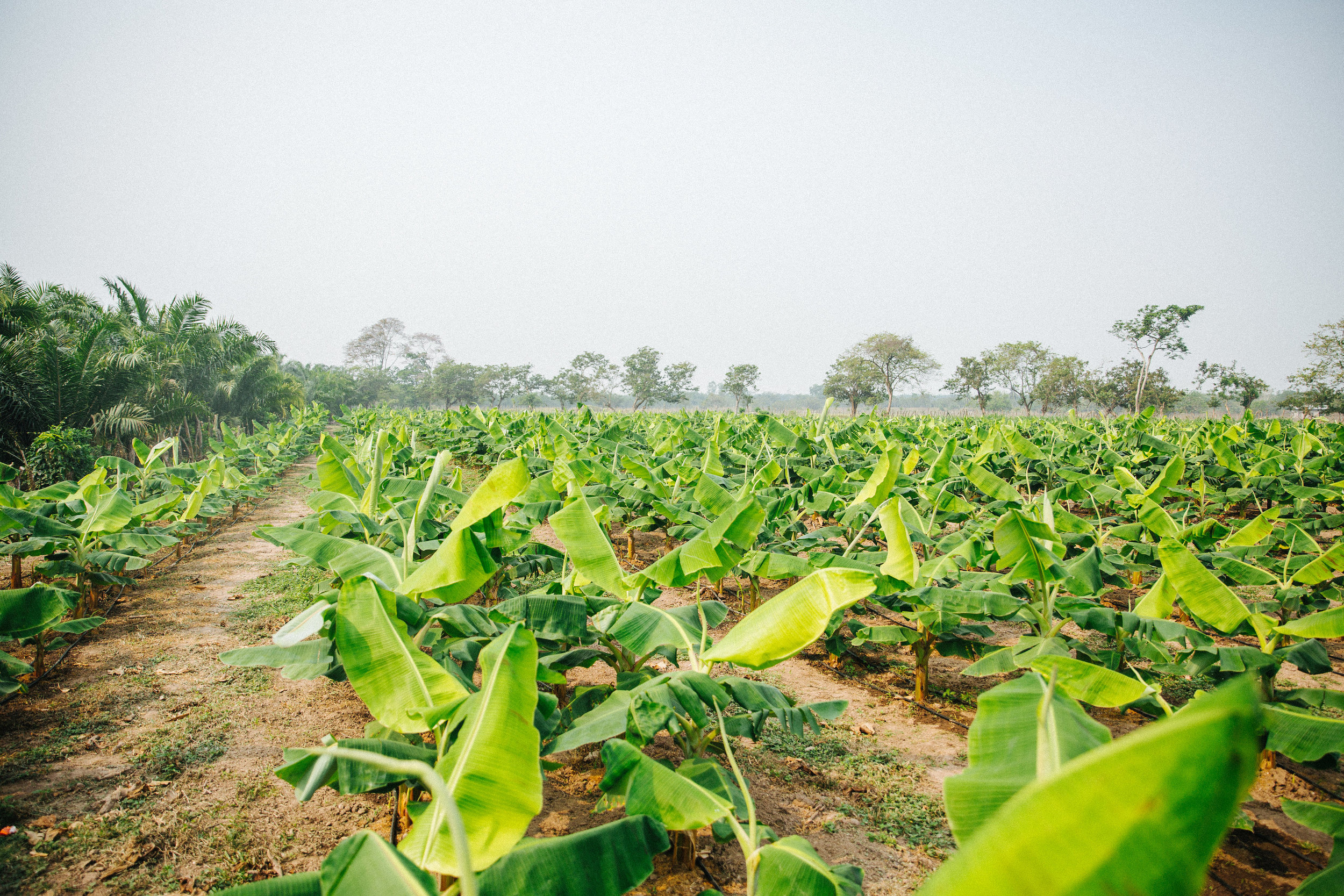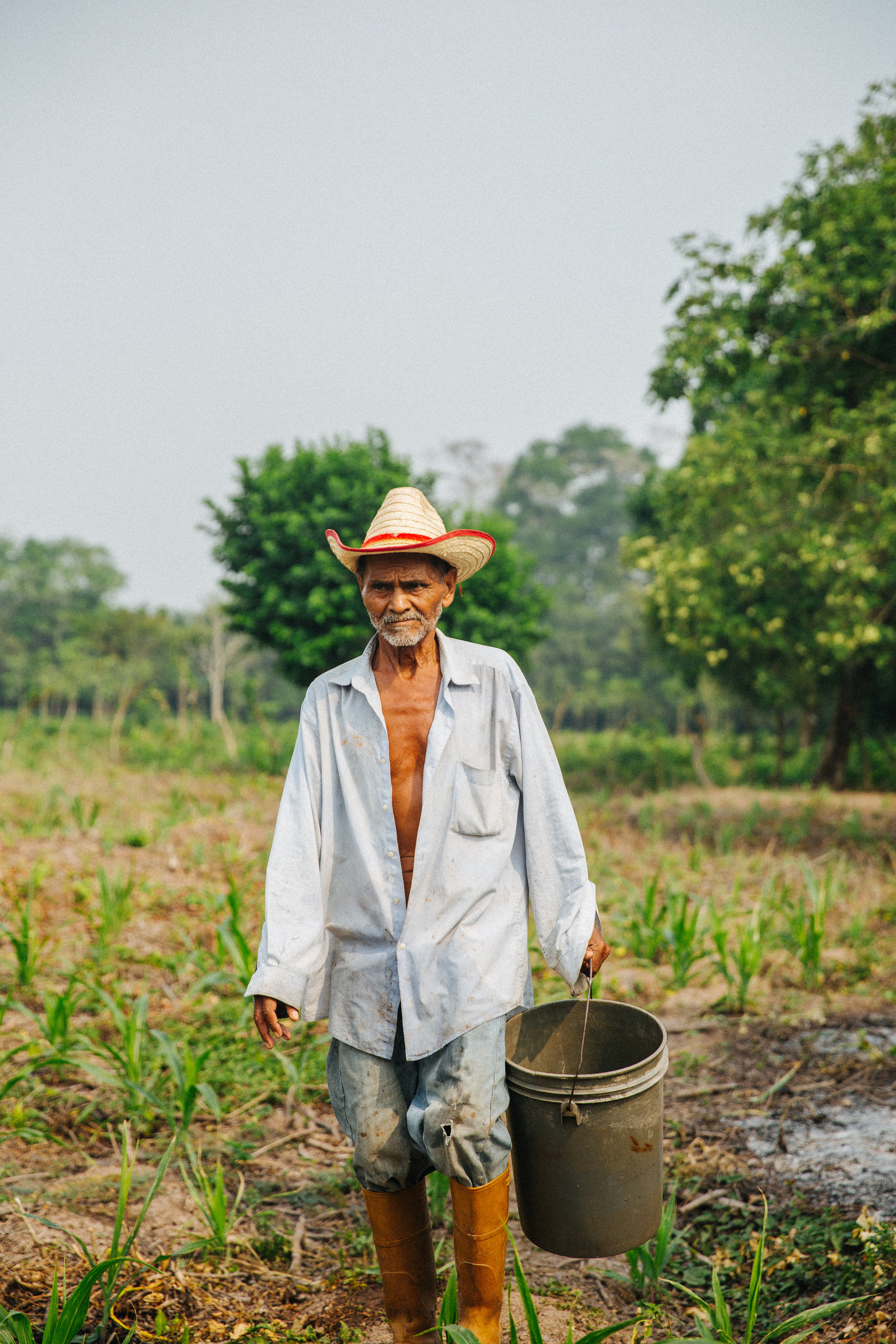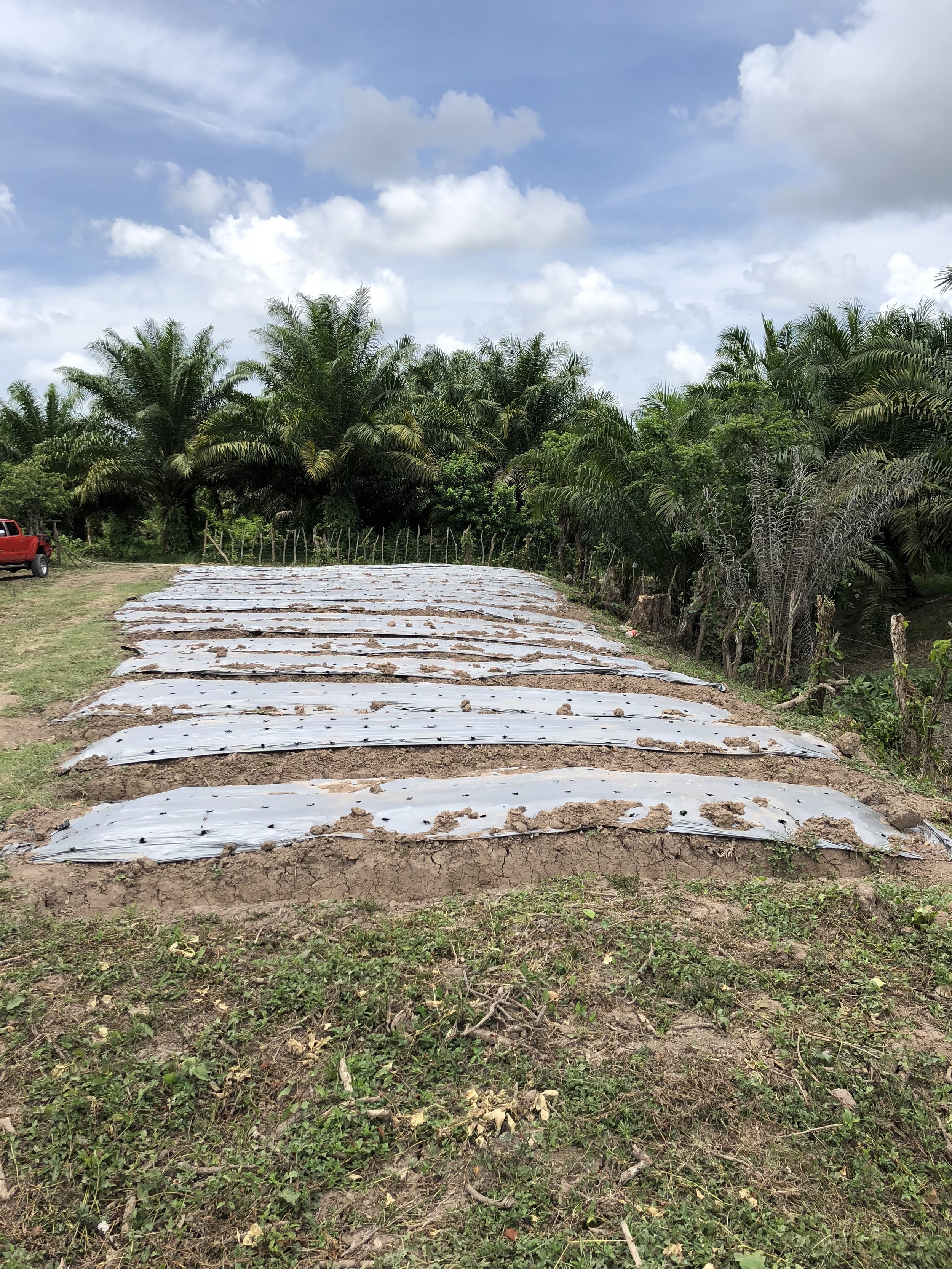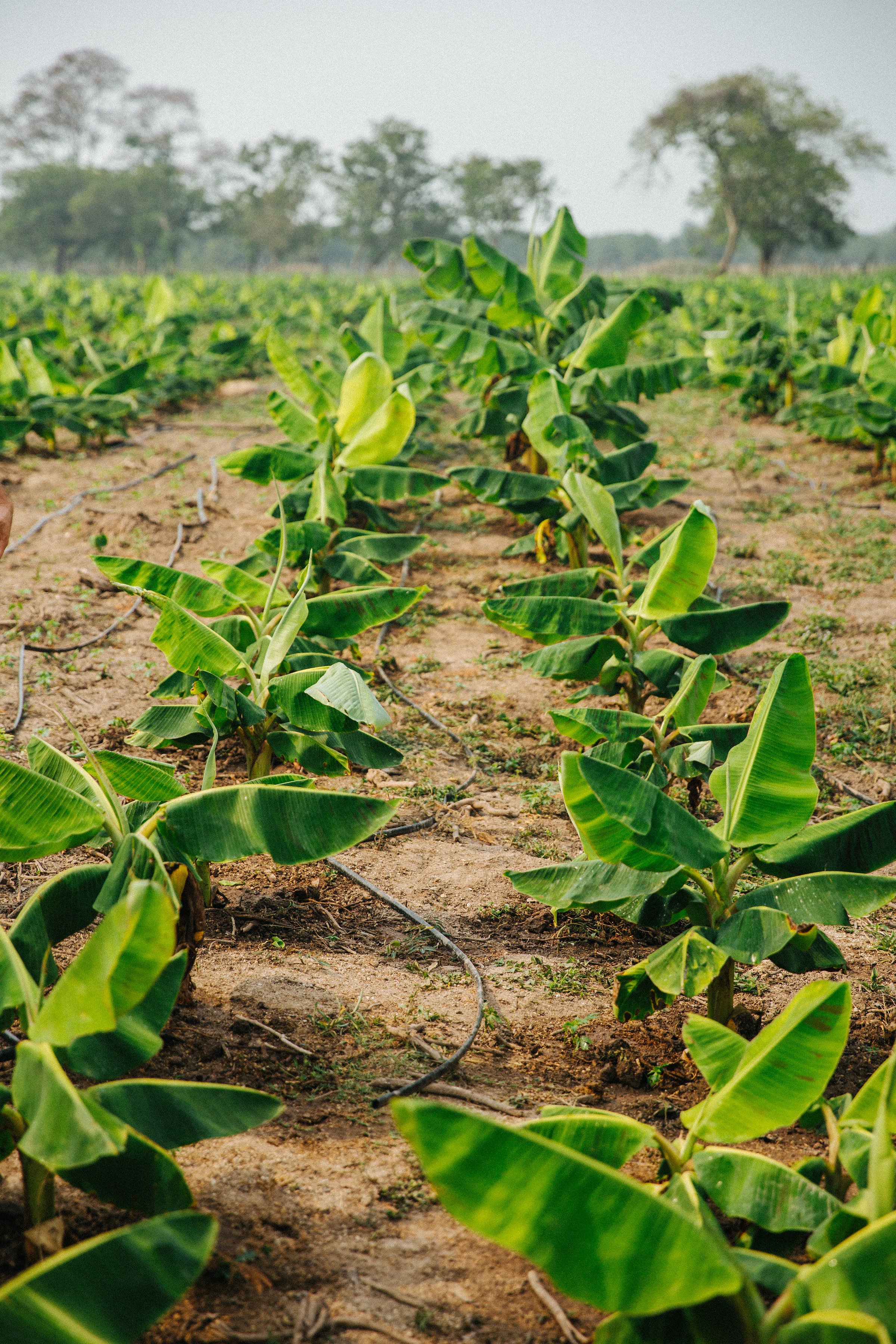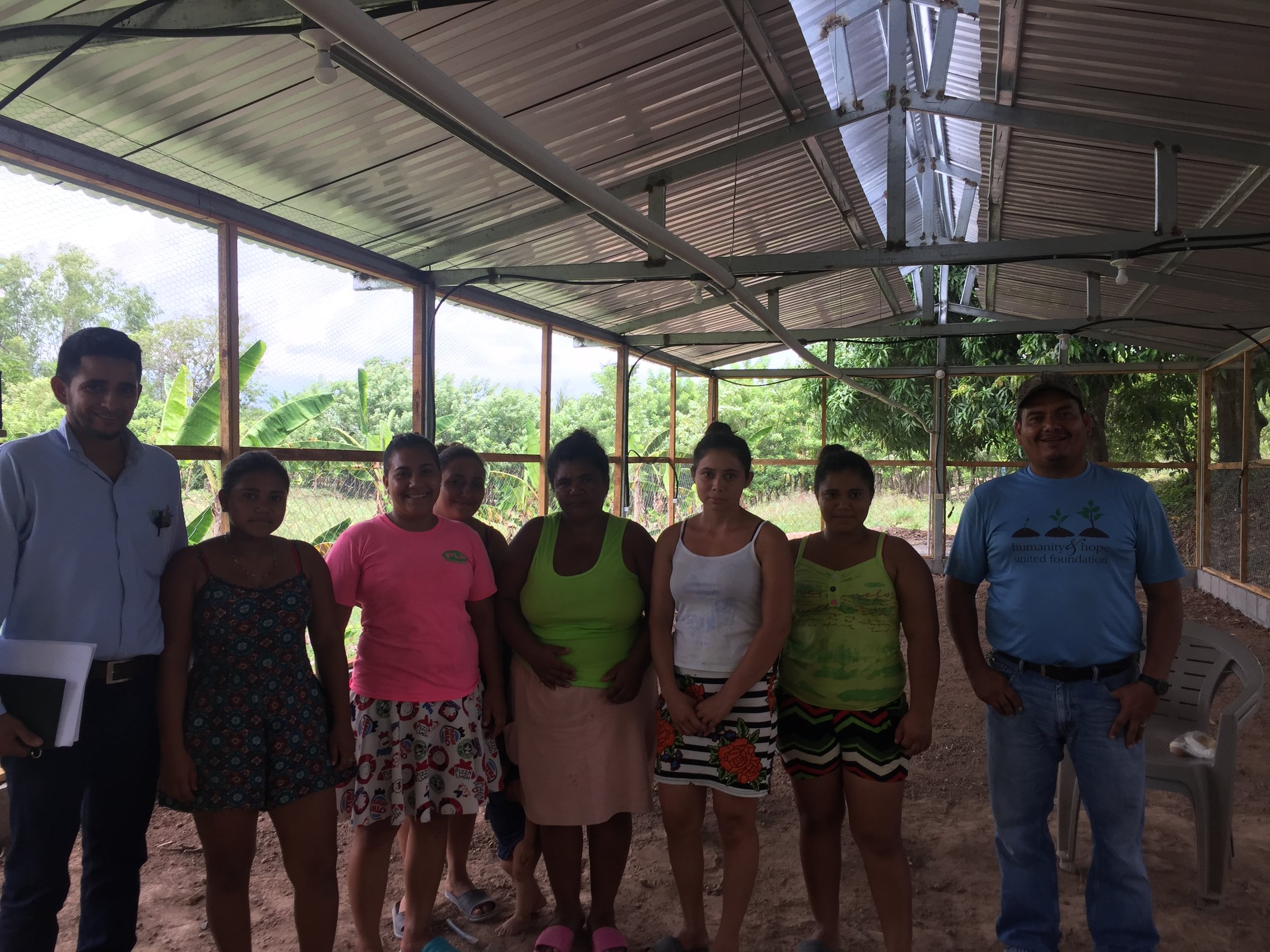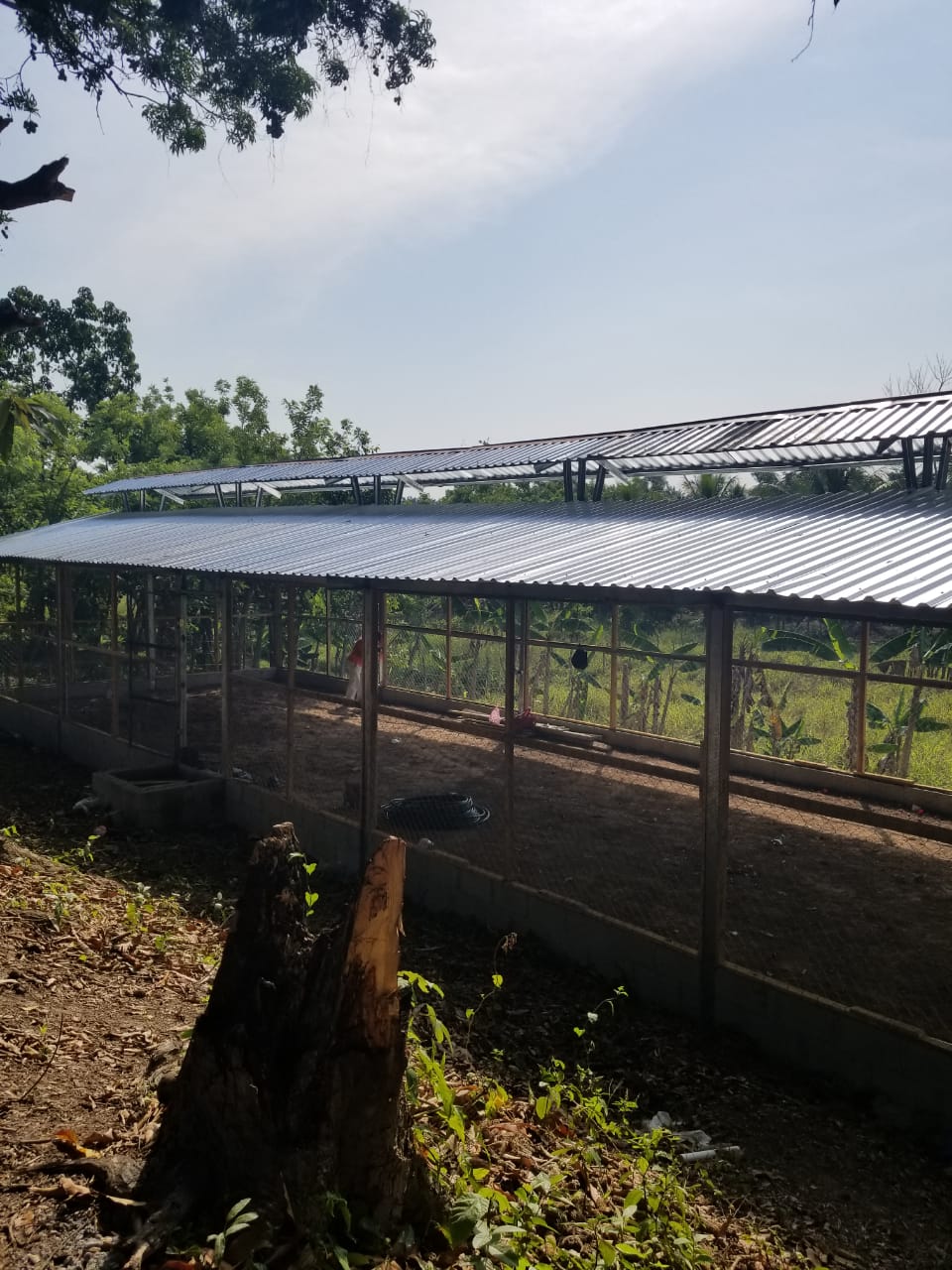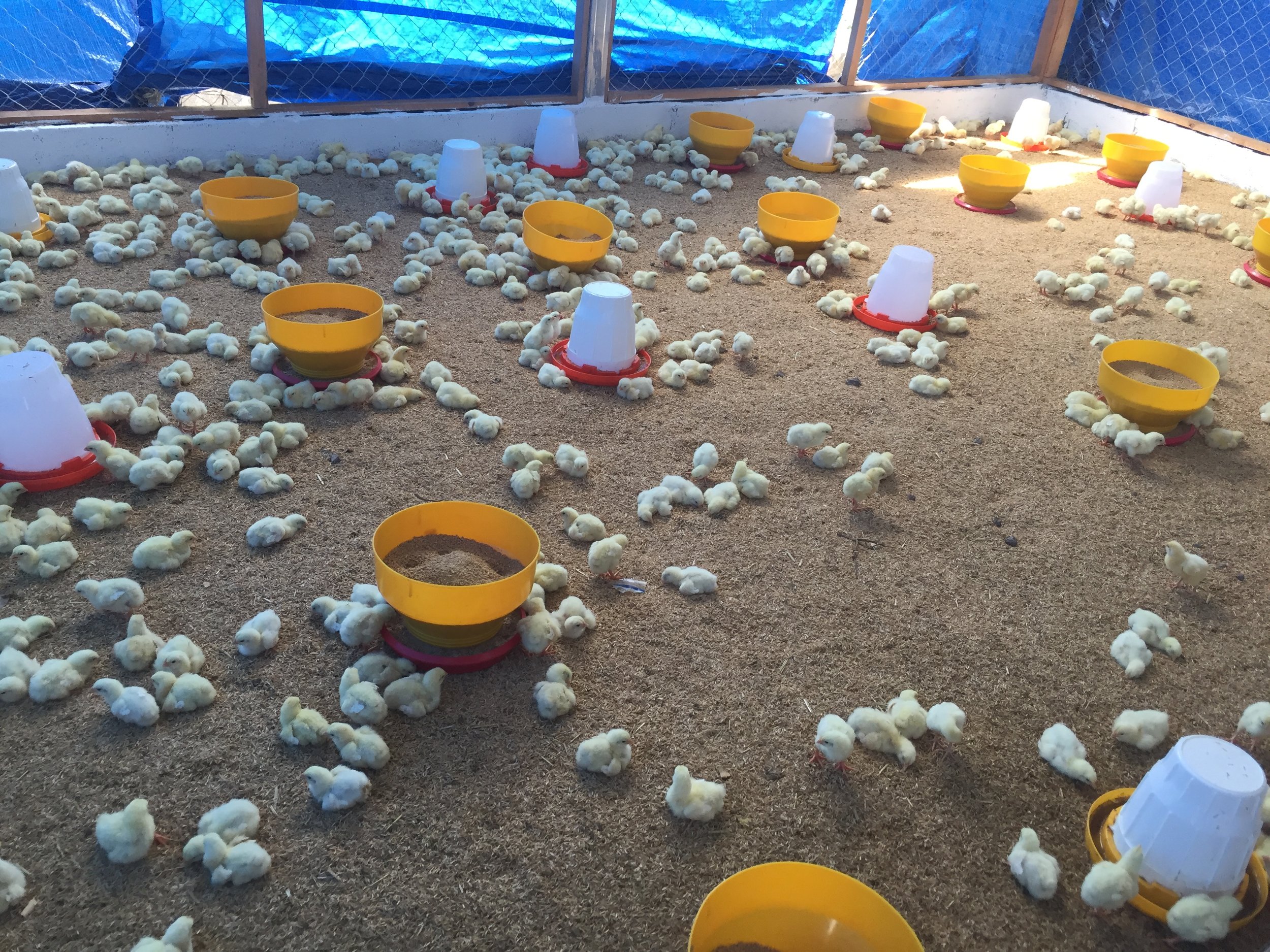La Cuchilla
Overshadowed by surrounding palm farms, the village of La Cuchilla once felt forgotten, remote, disconnected, and overlooked. Some even referred to the village as the “abandoned hole.” There was a sense of powerlessness in the air and hopelessness on the hearts of the individuals to be able to change their circumstance.
When we first entered the community of La Cuchilla in 2017 there was a palpable lack of opportunity which touched the lives of each individual residing in the village. Without opportunity for jobs, the limitation in resources created barriers such as homes being constructed of stick and mud, lack of access to clean water, and 90% of the population of children being unable to attend school. Rather than focusing on these obstacles, H&H instead directed its energy to working towards brighter days ahead for the people of La Cuchilla. Today, we have the privilege of walking hand-in-hand with 122 individuals as we create sustainable solutions for a brighter future. We are committed to creating jobs for both men and women, facilitating access to education, building better homes, and creating opportunities for access to clean water and quality health care.
CROPS
We want to build sustainable communities, ones that provide for themselves. We started the men’s crop projects, that currently employs 10 men to do just that. The plantain fields are located on 4 acres and are in the process of producing their first crop. With the help from our Village Manager, Juan Luis Ramos, we have changed up the way the fields are laid out so that they can plant more than the average plantain fields plant. We are also adding additional crops, such as beans and a community garden. These jobs help give the men back their dignity, which goes a long way in supporting the sustainability of this community.
LIVESTOCK
Our chicken project employs 16 women who previously had no opportunities for consistent daily work to contribute to their household. The women take pride and ownership of their job opportunity, tending to the chickens every day. They clean the chicken coop to provide a sanitary environment, and care for the animals’ basic needs by feeding and washing them to keep them cool. This requires the women to check on the chickens every thirty minutes during their shift due to the climate in Honduras. All of these tasks are completed tediously to prepare the chickens for market. Not only do the women work extremely hard, they also willingly engage in ongoing seminars to learn how to care for their animals effectively and how to run their business to its fullest potential.


